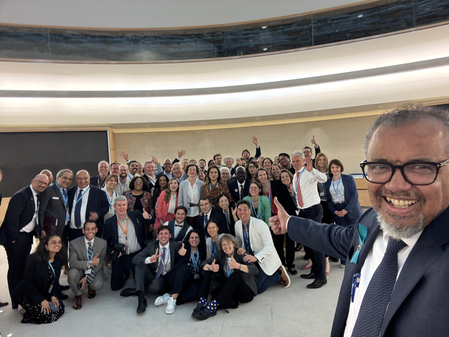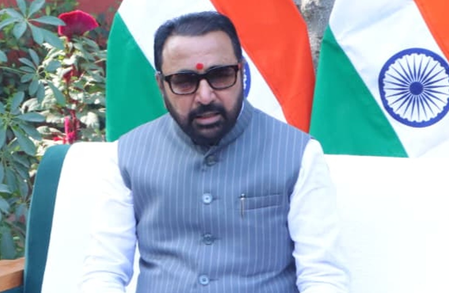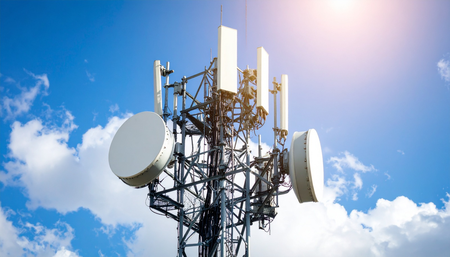
Geneva, May 20 (IANS) In a historic move, the World Health Organization (WHO) on Tuesday formally adopted the world’s first Pandemic Agreement, after three years of negotiations.
The Agreement, adopted by consensus by member countries of the WHO at the ongoing 78th World Health Assembly, aims to bridge global healthcare gaps and inequities in case of future pandemics.
Amid the Covid-19 outbreak, which killed millions of people worldwide, the WHO Member States in December 202`1 established the Intergovernmental Negotiating Body (INB) to draft and negotiate a convention, agreement, or other international instrument, under the WHO Constitution, to strengthen pandemic prevention, preparedness, and response.
After 13 formal rounds of meetings, nine of which were extended, and many informal and intersessional negotiations on various aspects of the draft agreement, the proposal was finalised in April this year.
The Pandemic Agreement aims to prepare governments for future pandemics following the Covid-19 outbreak, which killed millions of people between the years of 2020 and 2022.
“The world is safer today thanks to the leadership, collaboration, and commitment of our Member States to adopt the historic WHO Pandemic Agreement,” said Dr Tedros Adhanom Ghebreyesus, WHO Director-General.
“The Agreement is a victory for public health, science and multilateral action. It will ensure we, collectively, can better protect the world from future pandemic threats. It is also a recognition by the international community that our citizens, societies, and economies must not be left vulnerable to again suffer losses like those endured during Covid-19,” Ghebreyesus added.
The WHO Pandemic Agreement is the second international legal agreement negotiated under Article 19 of the WHO Constitution, the first being the WHO Framework Convention on Tobacco Control, which was adopted in 2003 and entered into force in 2005.
The resolution includes launching a process to draft and negotiate a Pathogen Access and Benefit Sharing System (PABS) through an Intergovernmental Working Group (IGWG).
Once the Assembly adopts the PABS annex, the WHO Pandemic Agreement will then be open for signature and consideration of ratification, including by national legislative bodies. After 60 ratifications, the Agreement will enter into force.
According to the Agreement, pharmaceutical manufacturers participating in the PABS system will play a key role in equitable and timely access to pandemic-related health products by making available to WHO “rapid access targeting 20 per cent of their real-time production of safe, quality and effective vaccines, therapeutics, and diagnostics for the pathogen causing the pandemic emergency.”
The distribution of these products to countries will be carried out based on public health risk and need, with particular attention to the needs of developing countries, the WHO said.
–IANS
rvt/




